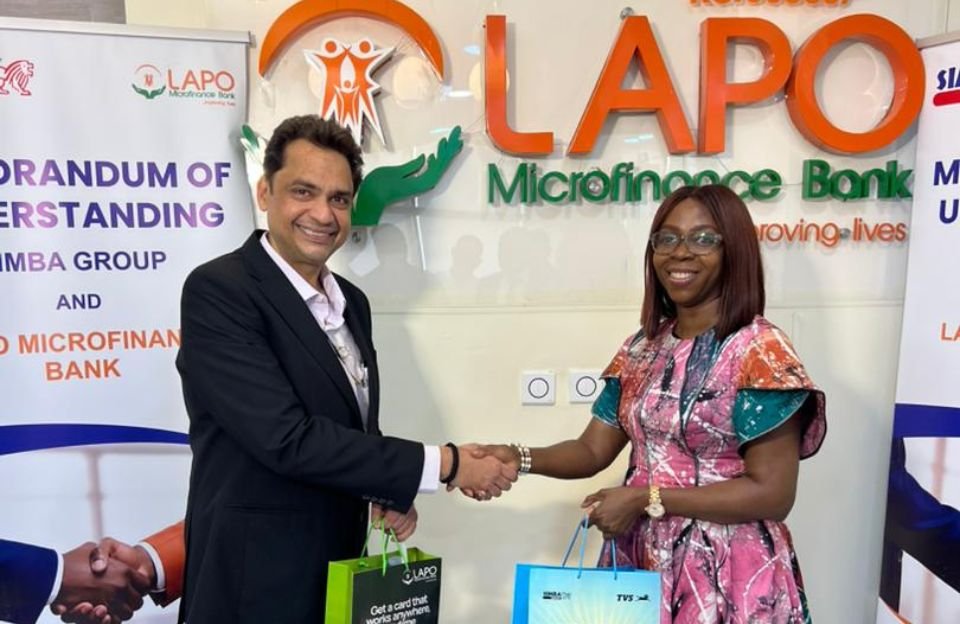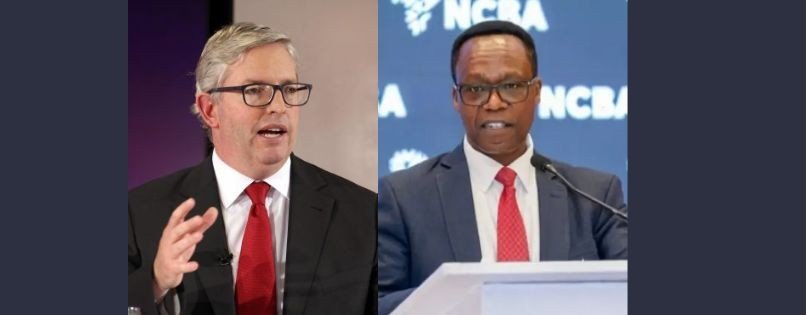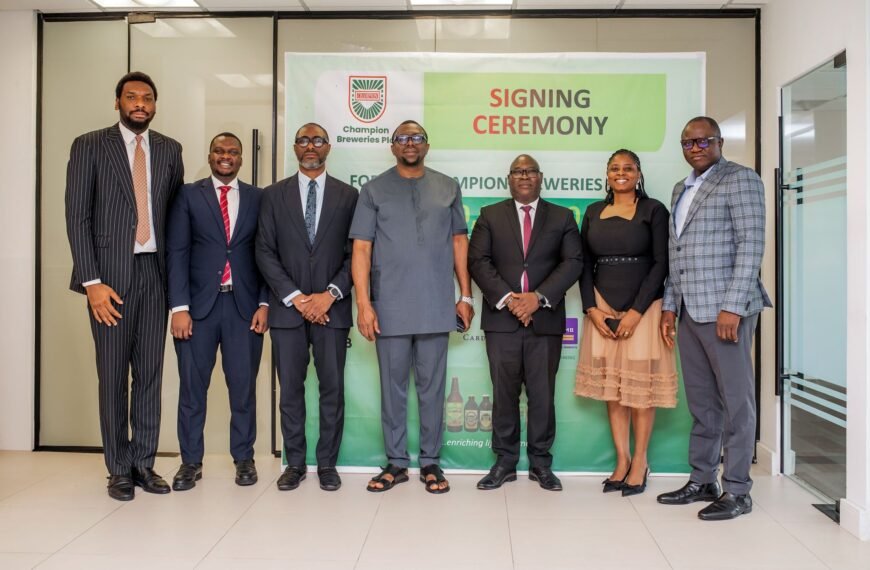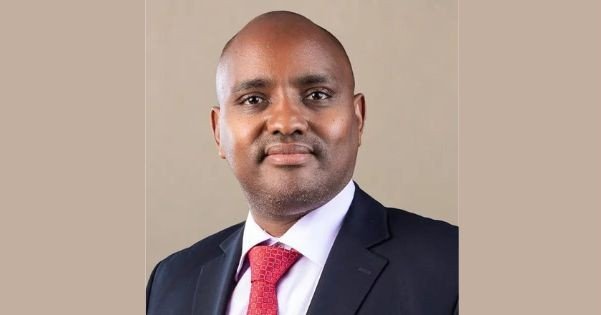

Mozambique: World Bank Approves $300 Million to Improve Access to Finance and Economic Opportunities
The Mozambique Access to Financing and Economic Opportunities Project, also known as Mais Oportunidades, is a six-year (2023-2029) initiative funded by the International Development Association (*IDA), and was given a $300 million credit by the World Bank Board of Directors yesterday.
Idah Z. Pswarayi-Riddihough, World Bank Country Director for Mozambique, Madagascar, Mauritius, Comoros, and Seychelles, stated, “The World Bank will support the Government of Mozambique to address multiple economic shocks and market constraints that prevent individuals, including informal workers, from accessing and using financial services and taking advantage of economic opportunities.”
More than 26,000 new employment are anticipated to be generated by the project over a six-year period. With partner financial institutions, the credit guarantees and lines of credit will work together to mobilise up to $450 million in private sector loans to MSMEs across the nation. In order to support solid resource management and shock resilience, particularly for women-owned or -led firms, the initiative will also advance financial inclusion by establishing connections between members of informal savings clubs and formal financial institutions.
A major problem for Mozambique is to create enough jobs, especially green and productive jobs. In order for the economy to keep up with the country’s young and quickly expanding population, which is expected to reach 50 million by 2040, 500,000 employment must be generated year, which is 20 times the 25,000 formal jobs that are currently created annually.
The private sector, which is primarily made up of tiny, informal businesses with low productivity, struggles to fill open positions. This is partially caused by institutional barriers to accessing financing, particularly credit, which impede the expansion and improvement of firms. MSMEs, especially those that are owned or run by women, are more vulnerable to climatic and economic shocks, which is made worse by the lack of access to financial solutions to reduce these risks.
According to Julián Casal, senior financial sector economist for Mozambique at the World Bank, “the creative approach to combining a private and financial sector development interventions aims to address key constraints limiting financing for MSMEs in Mozambique and mobilise private capital through the creation of a national Credit Guarantee Fund, which the Ministry of Economy and Finance will establish.”
To improve access to credit, the Credit Guarantee Fund will reduce third-party credit risk to lenders. Credit lines will work in conjunction with credit guarantees to help mobilise private capital. Matching savings programmes will help connect unofficial savings with established banks and mobile wallets.
The project is in line with the government’s aims to advance diversified growth and productivity and strengthen the skills base to assist Mozambique’s human capital development, as well as with the Country Partnership Framework (CPF) for Mozambique (2023–2027) of the World Bank Group. The project will additionally benefit from the operations and investments of the World Bank and International Finance Corporation (IFC).
















